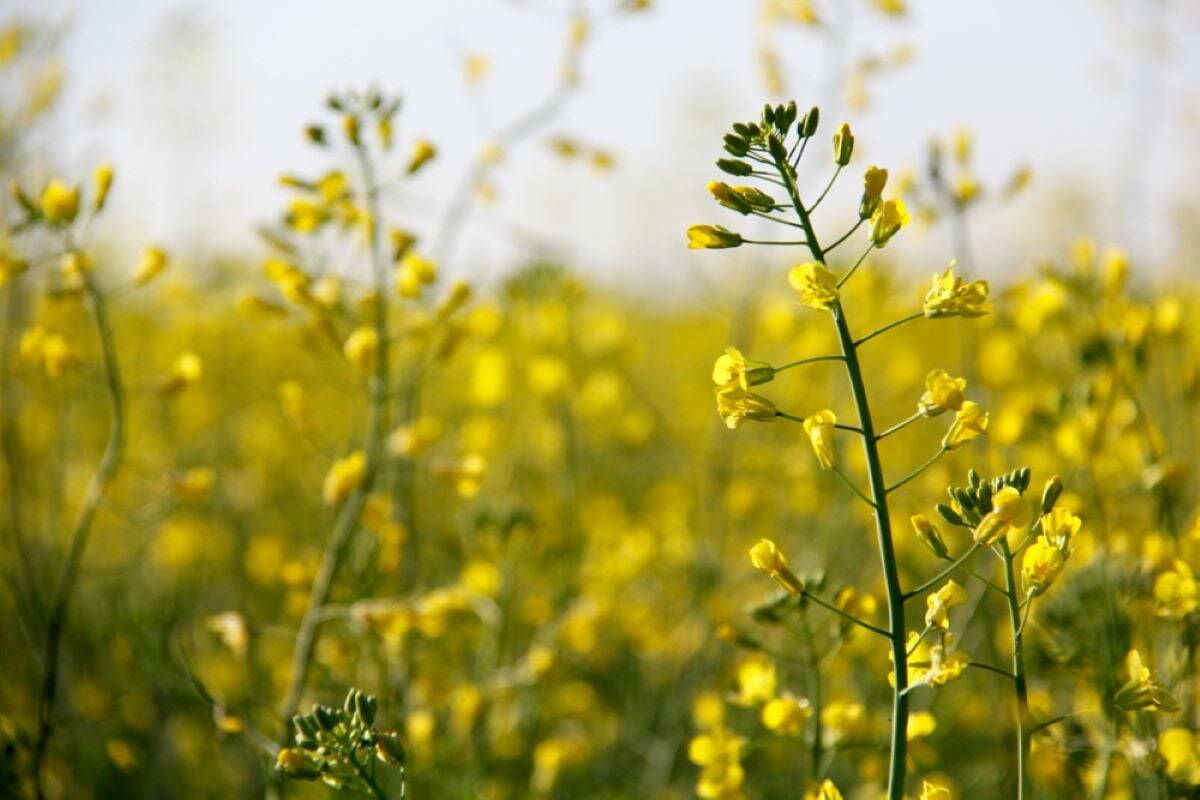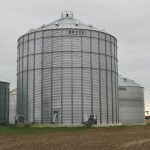Ontario’s Farm Products Marketing Commission (OFPMC) is proposing a new governance structure for the Ontario Processing Vegetable Growers, which has been without a board of directors since March.
The commission last week released proposed amendments to provincial Regulations 441 and 400, which would set up an eight-member OPVG board with an OFPMC-appointed chair. The amendments are up for public comment until July 31.
Agriculture Minister Jeff Leal dismissed the OPVG’s directors in March when an impasse to a new contract between tomato growers and the main processors in the province could not be broken.
Read Also

ICE weekly: China, soy complex lift canola prices
China’s upcoming lifting of tariffs and rising soyoil prices lifted Canadian canola values for the week ended Feb. 4, 2026.
Leal then appointed former ag minister Elmer Buchanan as a trustee to assume the association’s power to negotiate contracts with processors for processing tomatoes for 2017.
Under the commission’s proposal as posted June 15, the first new OPVG board wouldn’t be formed until this fall. Four board members would be elected at that time for two-year terms, and would sit with four commission-appointed members holding one-year terms.
In 2018, the commission said, the terms of the four appointed members would end and their replacements would be elected for two-year terms, and the four members elected in 2017 would continue their terms for their second year.
“At the election in 2018, all board positions, with the exception of the appointed chair, would be transitioned to elected positions,” the commission said.
The eight members would eventually be elected from the OPVG’s three existing district committees, with four members coming from District 1 and two from each of Districts 2 and 3. The board would need a majority of members present to hold votes, and the chair would cast a tie-breaking vote if need be.
Instead of only being able to elect members to the district vegetable growers’ committees, growers would be able to elect anyone from their district directly to the board through an anonymous election process, the commission proposes.
Members would serve two-year terms, staggered so half of the board members would be elected each year, with the other half elected in the following year.
The new OPVG chair would be appointed by the commission for an initial term of two years and eligible for reappointment, up to a total term limit of 10 years. The amendments also lay out new limits on consecutive terms of service and lifetime service for board members.
The Processing Vegetable Growers’ Alliance, a grower group formed after the OPVG board was dismissed, said Thursday in a letter it has “very serious concerns about the proposed amendments that would effectively allow the government to take control of the OPVG board for another year.”
The OPVG, the PVGA said, “currently has no expert advisory staff or board, and is operated by a commission-appointed trustee.”
The PVGA said the commission’s proposed amendments “will put the voice of the processing growers at a minority, with government appointees making up the majority of the OPVG board until the end of 2018.”
The processing vegetable sector, the PVGA said, is “best served by the grassroots growers who produce the 14 different processing vegetables grown in Ontario. And a fully elected grower board is in the best position to accurately and adequately represent our sector.”
The PVGA, describing the province’s processing vegetable growers as having been “silenced” for almost four months, urged growers to comment on the proposed amendments before the deadline.
The alliance said its goal is “to restore a fully elected OPVG board with the authority to negotiate prices, terms, conditions and contracts for Ontario’s processing vegetable growers.” — AGCanada.com Network















